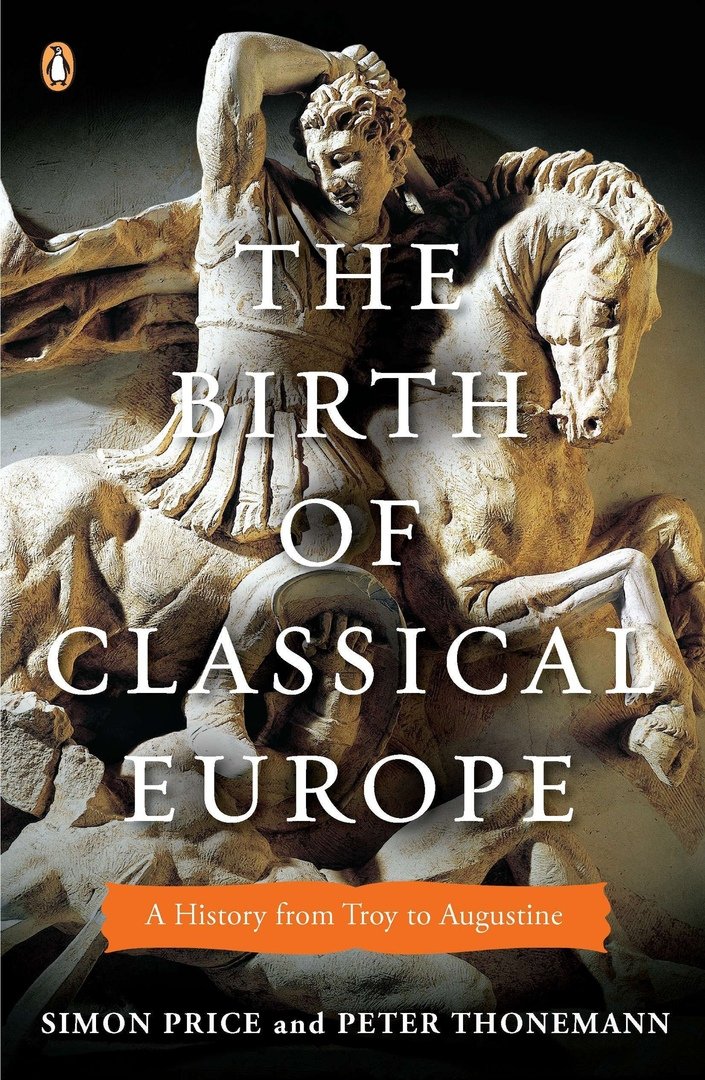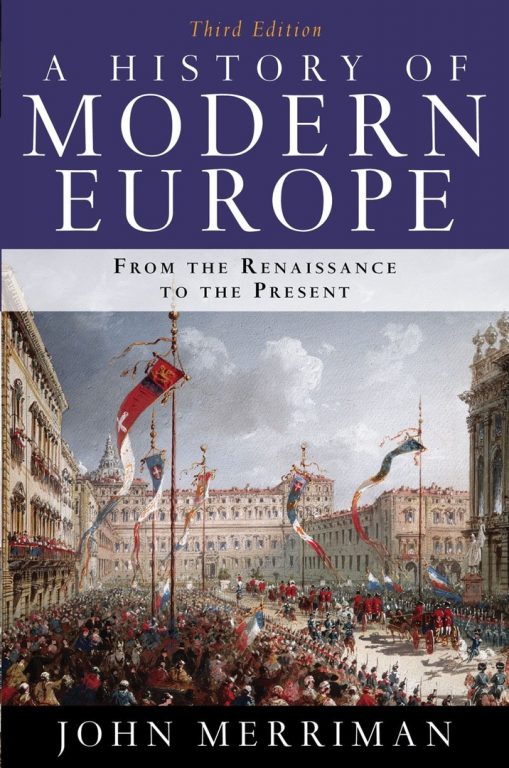1) The Birth of Classical Europe: A History from Troy to Augustine – Simon Price, Peter Thonemann
Penguin Books | 2011 | MOBI
The influence of ancient Greece and Rome can be seen in every aspect of our lives. From calendars to democracy to the very languages we speak, Western civilization owes a debt to these classical societies. Yet the Greeks and Romans did not emerge fully formed; their culture grew from an active engagement with a deeper past, drawing on ancient myths and figures to shape vibrant civilizations.
In The Birth of Classical Europe, the latest entry in the much-acclaimed Penguin History of Europe, historians Simon Price and Peter Thonemann present a fresh perspective on classical culture in a book full of revelations about civilizations we thought we knew. In this impeccably researched and immensely readable history we see the ancient world unfold before us, with its grand cast of characters stretching from the great Greeks of myth to the world-shaping Caesars. A landmark achievement, The Birth of Classical Europe provides insight into an epoch that is both incredibly foreign and surprisingly familiar.
2) A History of Modern Europe: From the Renaissance to the Present (3rd Edition) – John Merriman
W. W. Norton & Company | 2009 | PDF
A History of Modern Europe presents a panoramic survey of modern Europe from the Renaissance to the present day. A single author lends a unified approach and consistent style throughout, with an emphasis on the connections of events and people over time.
The Third Edition, like the two before it, is authoritative and up-to-date. New to the Third Edition is the theme of empire. From the imperial rivalries between France and Spain in the sixteenth and seventeenth centuries, through the rise and fall of the Ottoman Turkish empire, and on into the imperial history of the twentieth century―decolonization, the spread of the Soviet empire, and the imperial power of the United States―the theme of empire helps students find commonalities among the events of European history.
 1 / 2
1 / 2 2 / 2
2 / 2